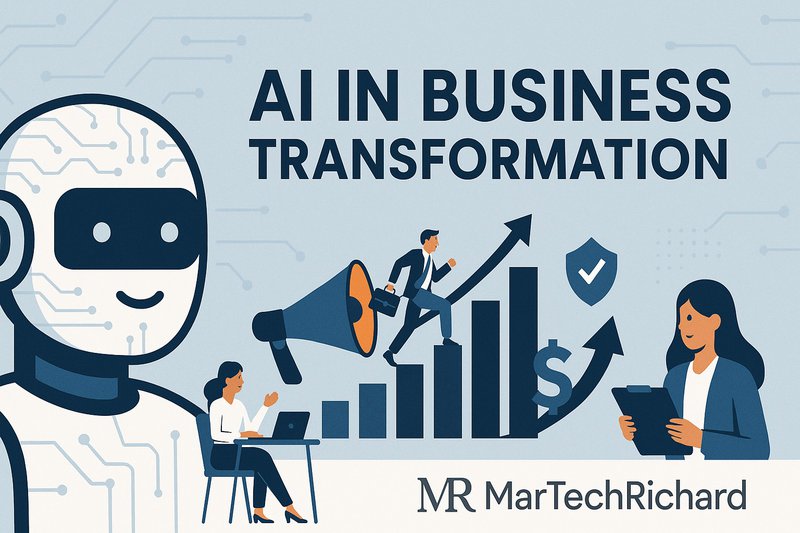
AI in Action: Strategic Insights from the HubSpot and Canva Webinar on Business Transformation
The artificial intelligence revolution in business operations has reached a pivotal moment, with organizations across industries recognizing AI's transformative potential beyond mere efficiency gains. The collaborative webinar "AI in Action" hosted by HubSpot and Canva exemplifies this paradigm shift, offering practical strategies for implementing AI across marketing, sales, and customer success functions 3. This comprehensive analysis examines the webinar's key insights while providing enhanced perspectives on AI adoption trends, market dynamics, and implementation strategies that are reshaping modern business operations.

Professionals collaborate in a data-driven business discussion [Source: profiletree]
Executive Summary: The Current State of AI in Business Operations
The integration of artificial intelligence into core business functions represents more than technological advancement—it signifies a fundamental transformation in how organizations create value, engage customers, and drive growth. Current market data reveals that the AI marketing sector alone is valued at $29.2 billion in 2024, with projections indicating exponential growth to $126.2 billion by 2030, representing an impressive 18.6% compound annual growth rate 16 40. This rapid expansion reflects not only increasing adoption rates but also the tangible business value organizations derive from AI implementation.
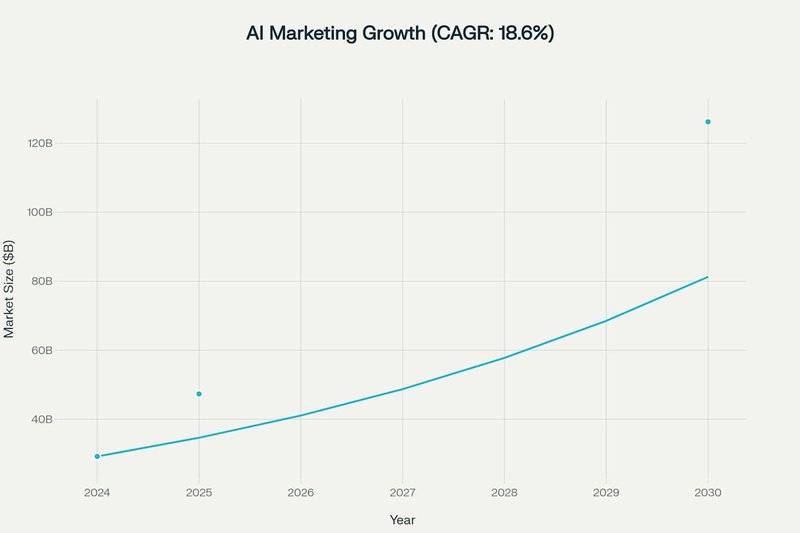
AI Marketing Market Growth Projection 2024-2030 (CAGR: 18.6%)
Research demonstrates that companies leveraging AI in marketing campaigns achieve 20-30% higher return on investment compared to traditional methods, while 90% of marketers utilizing generative AI report significant utility in content creation processes 42 15. Furthermore, 83% of sales teams incorporating AI technologies experience revenue growth, compared to 66% of teams without AI integration 41. These statistics underscore the competitive advantage that strategic AI adoption provides in today's data-driven marketplace.
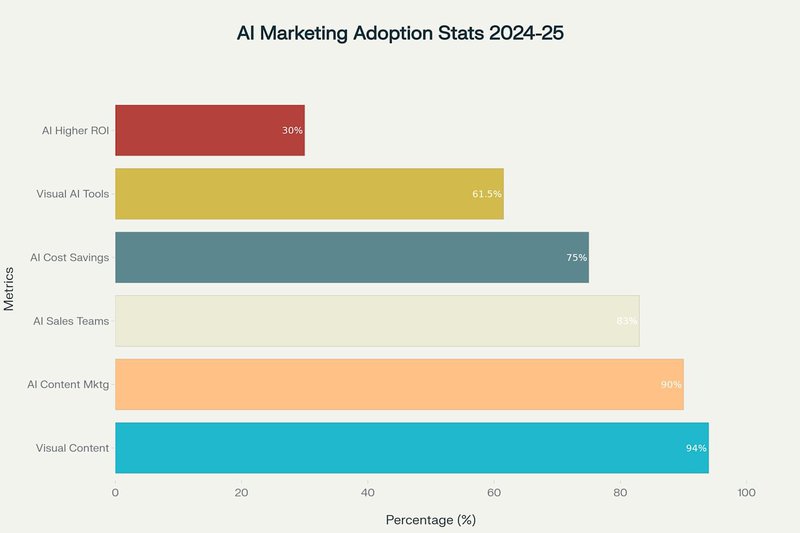
AI Marketing Adoption & Impact Statistics 2024-2025
Comprehensive Analysis of the HubSpot-Canva AI Webinar
Webinar Structure and Strategic Approach
The "AI in Action" webinar employed a structured approach designed to maximize practical value for attendees across different business functions 3. The session commenced with a foundational 10-minute overview addressing current AI challenges, emerging trends, and market opportunities, followed by specialized 40-minute deep-dive sessions focusing on marketing, sales, and customer success applications 3. This format enabled participants to engage with function-specific content while maintaining awareness of broader AI implementation strategies.
The collaborative nature of the webinar between HubSpot and Canva reflects a broader industry trend toward ecosystem partnerships that enhance AI capabilities 3. This partnership demonstrates how complementary technologies can create synergistic value, particularly evident in the integration of Canva's design tools within HubSpot's platform, enabling seamless visual content creation directly within marketing workflows 3.
Marketing Intelligence: AI-Driven Content Creation and Campaign Optimization
The marketing segment of the webinar revealed sophisticated applications of AI that extend far beyond basic automation. Canva's implementation of AI spans the entire marketing workflow, from initial research and creative briefing to multilingual content distribution 3. The Magic Write and Magic Media features enable content ideation and generation at unprecedented scale, while Magic Translate facilitates localization across 100+ languages, addressing the growing demand for global market penetration 3.

A diverse group collaborates on a digital strategy plan [Source: govrn]
Particularly noteworthy is the evolution from experimental AI usage to strategic implementation. Research indicates that marketers who invest strategically in AI skills and implementation are beginning to outpace their peers significantly. However, organizations still face implementation challenges including unclear policies, skill gaps, and fragmented tool ecosystems. Successful companies address these challenges through comprehensive AI governance policies, regular enablement sessions, and systematic sharing of use cases and learnings.
The measurement approach adopted by leading organizations has evolved beyond traditional metrics. Canva's framework measures both quantitative value (cost and time savings) and qualitative impact (sentiment and team satisfaction), providing a holistic view of AI's organizational impact. This dual measurement approach acknowledges that AI's value extends beyond efficiency gains to include enhanced creativity, improved decision-making, and elevated team performance.
Sales Transformation: AI as Strategic Co-Pilot
The sales segment emphasized AI's role in augmenting human capabilities rather than replacing sales professionals. HubSpot's Breeze Co-Pilot and integration with platforms like Gong demonstrate how AI can automate administrative tasks while surfacing critical insights for sales representatives. These tools enable automation of follow-ups, assessment of deal health and pipeline risk, and enhancement of forecasting accuracy through real-time data analysis.
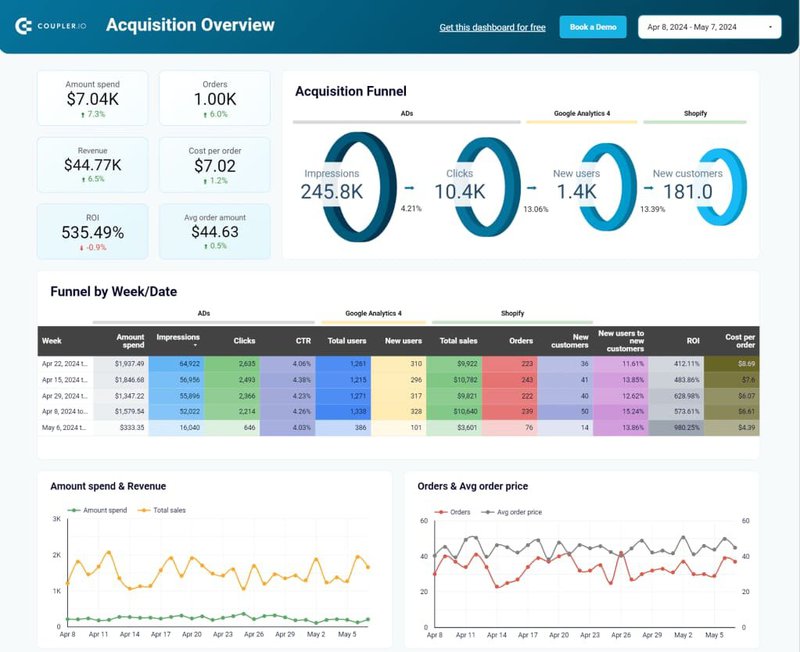
Marketing dashboard displaying acquisition overview metrics, including spend, orders, revenue, and ROI [Source: coupler]
The transformation from "AI as an add-on" to "AI as a co-pilot" represents a fundamental shift in sales methodology. This approach recognizes that while AI cannot replace sales instincts and relationship-building capabilities, it can provide contextual insights that enable faster decisions, smarter strategies, and stronger customer relationships. Current data supports this approach, with sales teams using AI experiencing significantly higher revenue growth rates compared to non-AI adopters.
Customer Success Evolution: From Reactive to Proactive Engagement
The customer success segment highlighted AI's potential to transform support from reactive problem-solving to proactive customer enablement. Canva's implementation includes AI-powered content suggestions before ticket submission, automated translations for global support, and predictive analytics that enable customer success managers to engage proactively based on behavioral signals.
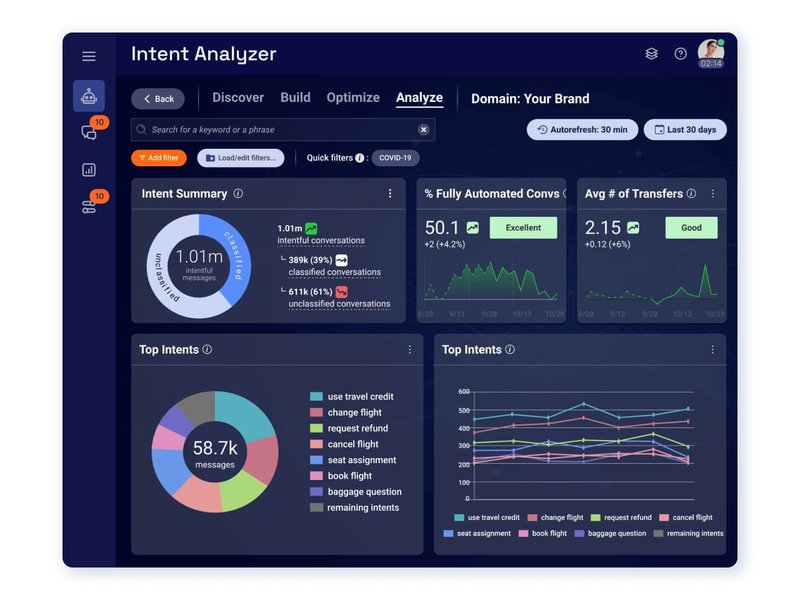
The balance between automation and human touch emerged as a critical consideration. While AI can handle routine inquiries and provide 24/7 support capabilities, the most effective implementations preserve human intervention for complex issues requiring empathy and creative problem-solving 3. HubSpot's Breeze Customer Agent exemplifies this approach, handling over 50% of customer conversations autonomously while maintaining clear escalation pathways to human agents 17.
Measurement of AI impact in customer success extends beyond traditional metrics like resolution time to include customer satisfaction scores, retention rates, and self-service adoption 3. Organizations implementing AI tools report meaningful improvements in ticket closure times and customer sentiment scores, particularly where AI features are actively utilized 3.
Market Dynamics and Industry Trends
Accelerating Adoption Across Business Functions
The broader market context reveals accelerating AI adoption across industries, driven by competitive pressures and demonstrated ROI 815. Current research indicates that 92% of businesses intend to invest in generative AI tools over the next three years, while 73% of business leaders agree that AI will fundamentally reshape personalization strategies 15. This widespread adoption reflects not only technological maturation but also organizational learning about effective AI implementation strategies.
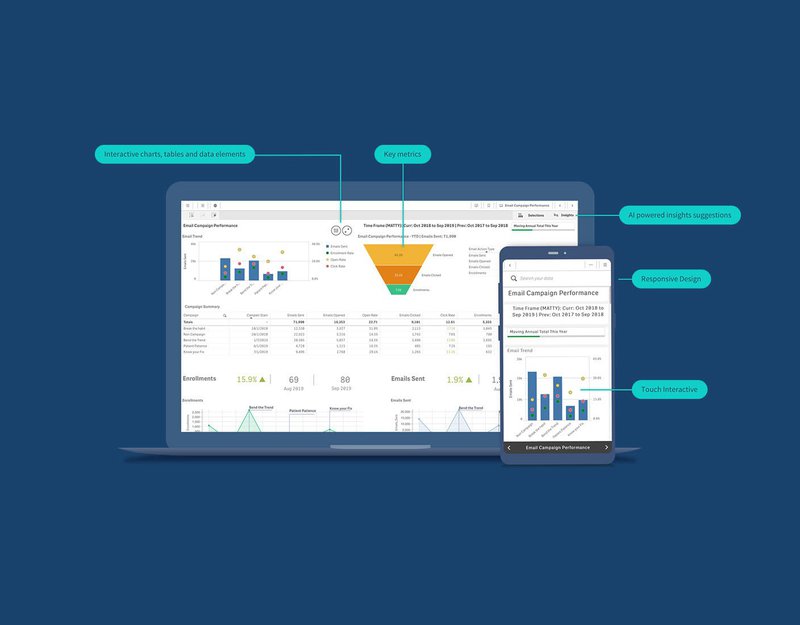
Marketing dashboard displaying email campaign performance metrics on desktop and mobileqlik
The visual content marketing segment represents a particularly dynamic area of AI application. With 94% more views for content containing relevant images compared to text-only content, and 61.5% of marketers now using AI tools for visual content creation, this represents a significant shift in content production methodologies 3044. The global visual content market, valued at $8.24 billion in 2024 and projected to reach $9.04 billion in 2025, demonstrates the economic significance of this transformation 44.
Technology Infrastructure and Platform Integration
The success of AI implementations increasingly depends on sophisticated technology integration rather than standalone solutions 19. HubSpot's recent expansion of AI capabilities through Breeze Customer Agent and enhanced integration with platforms like Snowflake demonstrates this trend toward comprehensive AI ecosystems 1729. Canva's partnership with Snowflake for data-driven personalization and feature development exemplifies how AI implementation requires robust data infrastructure to achieve optimal results 29.
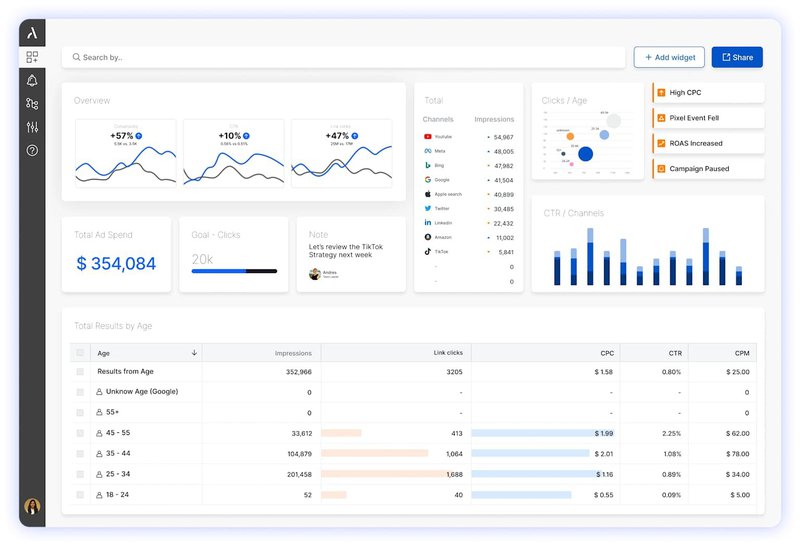
Modern AI implementations leverage real-time data processing, predictive analytics, and automated decision-making to create responsive business systems 19. The integration of conversation intelligence, sentiment analysis, and automated workflow triggers enables organizations to respond to customer needs with unprecedented speed and accuracy 19.
Implementation Challenges and Strategic Considerations
Organizational Change Management
Despite demonstrated benefits, AI implementation faces significant organizational challenges that require strategic management 3. Trust-building represents a critical factor, as teams need time and support to develop confidence in AI outputs, particularly when data quality is imperfect 3. Successful organizations address this through clear policies, internal champions, and iterative confidence-building processes 3.
The skill gap challenge requires comprehensive training programs and cultural transformation initiatives 3. Organizations report that AI project ownership at all levels, combined with dedicated AI experimentation time and team challenges, helps build organizational AI literacy 3. This approach recognizes that AI adoption is as much about cultural change as technological implementation.
Measurement and ROI Optimization
Effective AI measurement requires sophisticated approaches that capture both quantitative and qualitative impacts 3. Leading organizations implement centralized frameworks that track traditional metrics like cost and time savings alongside sentiment measures and user satisfaction scores 3. This comprehensive measurement approach enables organizations to optimize AI implementations for maximum organizational value rather than narrow efficiency gains.
Current market data indicates that companies implementing AI marketing strategies achieve 25-30% higher ROI compared to traditional approaches, while experiencing significant cost reductions in content creation and campaign management 4240. However, optimal results require strategic implementation that aligns AI capabilities with organizational goals and customer expectations.
Future Outlook and Strategic Recommendations
Emerging Technology Integration
The convergence of AI with other emerging technologies creates new opportunities for business transformation 1215. Augmented reality integration, immersive technologies, and advanced personalization capabilities represent the next frontier of AI application in business contexts 12. Organizations that proactively explore these integrations while maintaining focus on customer value creation will likely achieve sustainable competitive advantages.
The integration of predictive analytics, conversation intelligence, and automated workflow optimization indicates that future AI implementations will be increasingly sophisticated and context-aware 31. This evolution requires organizations to develop advanced data capabilities and analytical competencies to fully leverage AI potential.
Strategic Implementation Framework
Based on current market trends and successful implementation patterns, organizations should consider a phased approach to AI adoption 3. Initial phases should focus on clear goal definition, tool simplification, and trust-building in AI recommendations 3. Subsequent phases can incorporate advanced analytics, predictive capabilities, and comprehensive automation as organizational AI literacy develops.
The most successful AI implementations treat technology as a long-term capability requiring continuous nurturing and refinement rather than a quick-fix solution 3. This perspective enables organizations to build sustainable AI competencies that evolve with technological advancement and changing market conditions.
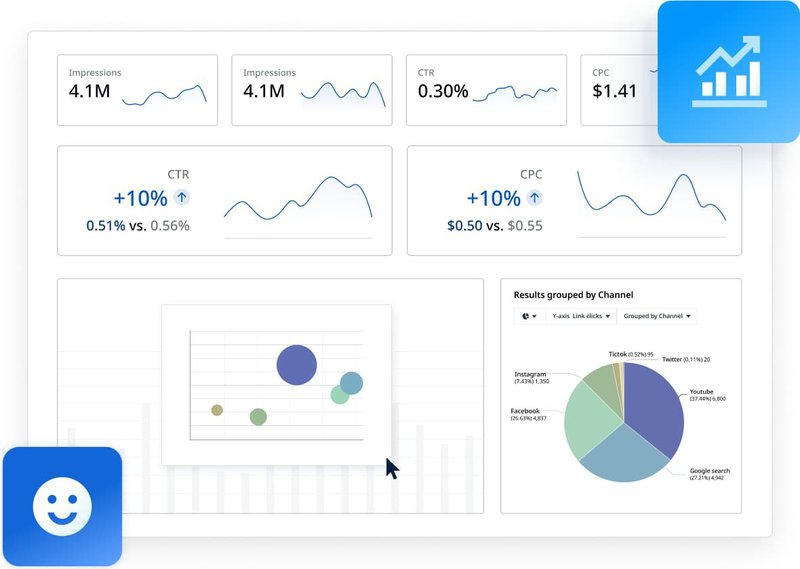
Conclusion: AI as Strategic Business Imperative
The HubSpot-Canva webinar exemplifies the practical, results-oriented approach that characterizes successful AI implementation in modern organizations. Rather than pursuing AI for its own sake, leading companies focus on specific business outcomes while building comprehensive AI capabilities across marketing, sales, and customer success functions. The documented success rates, including 30% higher campaign ROI and 83% revenue growth among AI-adopting sales teams, demonstrate that strategic AI implementation delivers measurable business value 4241.
The key to successful AI adoption lies not in overnight transformation but in thoughtful, systematic implementation backed by appropriate training, clear policies, and comprehensive measurement frameworks 3. Organizations that embrace this approach while maintaining focus on customer value creation and human-AI collaboration will be best positioned to thrive in an increasingly AI-driven business environment.
As the AI marketing market continues its rapid expansion toward $126.2 billion by 2030, organizations that delay AI adoption risk falling behind competitors who are already realizing significant operational and financial benefits 16. The strategic imperative is clear: AI implementation is no longer optional for organizations seeking sustainable competitive advantage in the digital economy.
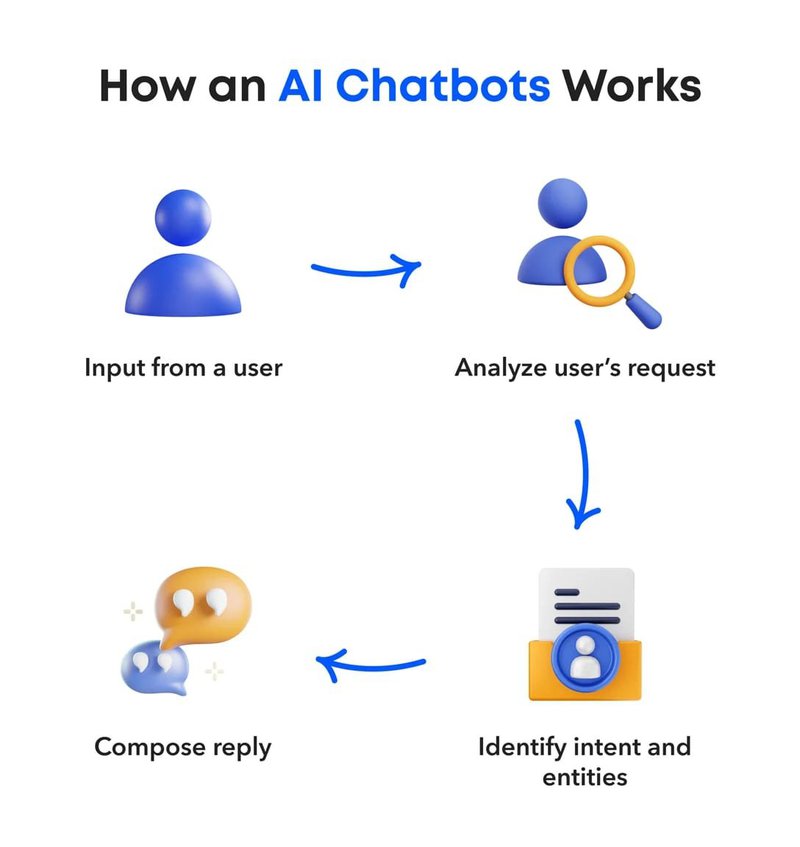
For organizations seeking to accelerate their AI implementation journey, MarTechRichard provides comprehensive consulting services and strategic guidance. Contact our team at [email protected] for personalized AI transformation strategies, or connect with us on LinkedIn for ongoing insights and best practices.
- https://www.canva.com/newsroom/news/hubspot-ai-webinar/
- https://quickcreator.io/blog/evergreen-thought-leadership-with-ai/
- https://www.openphone.com/blog/ai-tools-for-small-business/
- https://ajelix.com/ai/ai-tools-for-startups/
- https://www.youtube.com/watch?v=KSfDYZnPUWI
- https://www.wpwebelite.com/blog/free-ai-tools-for-marketing/
- https://e-journal.antispublisher.id/index.php/IJAIFD/article/view/185
- http://thesai.org/Publications/ViewPaper?Volume=16&Issue=3&Code=ijacsa&SerialNo=46
- https://dmap-journal.org/index.php/dmap/article/view/39
- https://jmra.in/article-details/24112
- https://sct.ageditor.ar/index.php/sct/article/view/1472
- https://kras-science.ru/jour/index.php/nk/article/view/273
- https://wgg-agency.com/blog/ai-marketing-2025-brand-awareness-multimodal-tools
- https://shyamfuture.com/the-top-10-digital-marketing-trends-of-2025-navigating-the-future/
- https://www.linkedin.com/pulse/ai-marketing-market-optimization-2025-performance-zeiaf/
- https://theb2bmarketer.pro/hubspot-expands-ai-capabilities/
- https://www.softlist.io/canva-ai-image-generator-tools-for-stunning-design/
- https://inflectiv.co/2025/05/28/hubspotting-new-and-notable-may-2025/
- https://www.toolify.ai/ai-news/aipowered-poster-design-a-comprehensive-guide-using-canva-3484597
- https://managementworld.online/index.php/mw/article/view/465
- https://psppjournals.org/index.php/jucep/article/view/417
- https://www.hope.uzh.ch/doca/article/view/5976
- https://www.hope.uzh.ch/doca/article/view/5979
- https://invergejournals.com/index.php/ijss/article/view/126
- https://www.canva.com/resources/data-charts-for-marketers/
- https://www.investing.com/news/company-news/canva-leverages-snowflake-to-boost-b2b-growth-and-innovation-93CH-4075819
- https://www.forbes.com/sites/chelseatobin/2025/06/03/canva-ai-tools-freelancers-can-use-to-streamline-their-business/
- https://www.marketscreener.com/quote/stock/SNOWFLAKE-INC-112440376/news/Canva-Accelerates-Global-Growth-and-Product-Velocity-With-Snowflake-AI-Data-Cloud-50131271/
- https://pitchavatar.com/interesting-statistics-artificial-intelligence-in-marketing/
- https://forecastio.ai/blog/sales-kpis
- https://project-aeon.com/blogs/motion-creative-analytics-boost-visual-content-success
- https://www.hurix.com/blogs/the-ultimate-sales-enablement-playbook-for-revenue-growth/
- http://bses.in.ua/journals/2024/90_2024/23.pdf
- https://aacrjournals.org/cancerres/article/84/6_Supplement/6178/736472/Abstract-6178-Automating-tumor-purity-assessment
- https://www.ijsrst.com/index.php/home/article/view/IJSRST241151215
- https://jelle.lgu.edu.pk/jelle/article/view/262
- http://jier.org/index.php/journal/article/view/2656
- https://invergejournals.com/index.php/ijss/article/view/109
- https://www.ainvest.com/news/ai-driven-content-creation-secret-boosting-marketing-roi-cutting-costs-2025-2506/
- https://litslink.com/blog/ai-in-digital-marketing-how-to-boost-campaign-performance-and-roi-with-ai
- https://www.exchange4media.com/marketing-news/ai-meets-marketing-the-new-playbook-for-campaigns-in-the-age-of-genai-144019.html
- https://www.dhiwise.com/post/salesforce-vs-hubspot-best-crm
- https://zelios.agency/visual-content/
- https://www.ainvest.com/news/ai-content-revolution-automation-rewriting-digital-marketing-roi-2506/
- https://www.hyphadev.io/blog/leveraging-hubspot-service-hub
- https://www.marketsandmarkets.com/blog/ICT/generative-ai-marketing-content-image-video-text-market
- https://ecosystem.hubspot.com/marketplace/apps/sales-analytics?eco_features=CAMPAIGN_MANAGEMENT
- https://blog.hubspot.com/sales/all
- https://suttida.com/heres-what-adding-value-really-means-for-your-b2b-demand-gen/
- http://www.dbpia.co.kr/Journal/ArticleDetail/NODE12027617
- https://jmis.journals.ekb.eg/article_390260.html
- https://edintegrity.biomedcentral.com/articles/10.1007/s40979-025-00187-6
- https://ijsrst.com/index.php/home/article/view/IJSRST2411471
- https://www.forbes.com/sites/bernardmarr/2025/06/03/mind-blowing-ai-statistics-everyone-must-know-about-now-in-2025/
- https://www.bondcap.com/report/pdf/Trends_Artificial_Intelligence.pdf
- https://www.statista.com/statistics/1614382/artificial-intelligence-standards-guidelines-among-marketing-experts-united-states/
- https://arxiv.org/html/2505.07843v2
- https://cdnc.heyzine.com/files/uploaded/v3/ec41dd00cc156ccc67430e7e0109c1f3c44a594d.pdf
- https://journalajeba.com/index.php/AJEBA/article/view/1801
- https://www.semanticscholar.org/paper/fbc4735cadf0d276090b631ed9695a5bd8825502
- https://www.sciendo.com/article/10.2478/fcds-2020-0009
